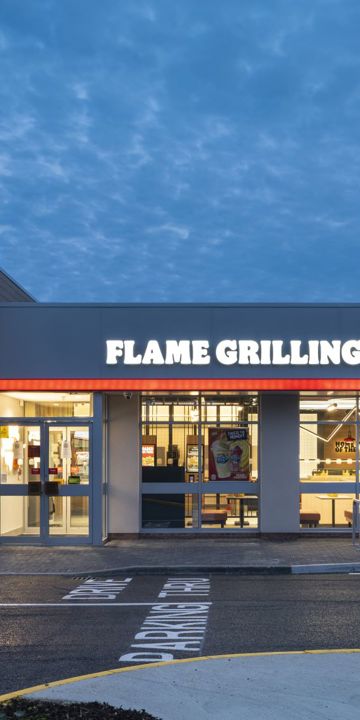Burger King UK has introduced an overnight energy use campaign to reduce energy consumption at a restaurant level and engage with teams on the wider environmental sustainability agenda.
We first installed smart meters across our restaurant estate to enable half-hourly reporting on electricity usage. We have support from an external consultant (Zero Carbon Services) to process this data and send individual site-level reports to each of our restaurants on a weekly basis. We also receive a head-office report which gives an overview of electricity consumption across our estate, including highlighting sites with the highest increases in usage.
We have also then worked with Zero Carbon Services to develop and launch “Save While You Sleep”, a campaign to reduce overnight energy usage across our restaurant estate. We have conducted other campaigns as well, including opening procedures and fridge/freezer usage. However, our primary focus has been on overnight usage because it is straightforward to communicate as the guidance remains consistent at a site-level regardless of seasons, sales levels etc.
Each site has their own unique target level of overnight energy usage which is their “best ever” performance. As that level of consumption has been achieved before, our restaurant teams can be confident that the target is rooted in reality and within reach.
To support each site, we have a member of our Operations team who is driving the energy reduction focus and they provide a useful point of contact for questions from our restaurant teams. We also have support from Zero Carbon Services. The team have Carbon Coaches in place who get in touch with individual restaurants to respond to direct requests, or in response to the weekly performance figures.
In 2022, we saw a 24% reduction in overnight electricity usage against baseline.
We have seen a high level of engagement from our teams, particularly given the media coverage on rising energy costs. Our teams understand their weekly reports and are reaching out for support on reduction initiatives where needed. We have had requests for further work in this area.

